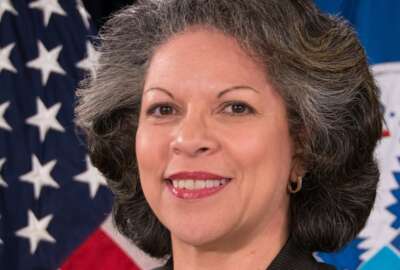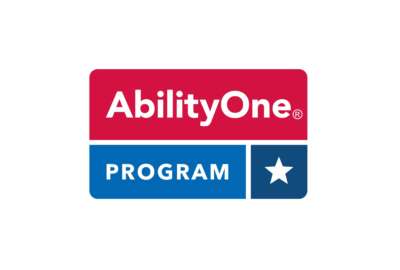Timeline for DADT repeal uncertain
With the military now able to set its own timeline, what can we expect for how long it will take? Dr. Larry Korb, a senior fellow with the Center for American...
wfedstaff | June 3, 2015 6:51 pm
Don’t Ask, Don’t Tell has been repealed but questions remain about how long it will take for the new law to go into effect. What kind of timeline can be expected? According to Dr. Larry Korb, senior fellow at the Center for American Progress, has two factors to consider as it implements new rules.
The first is that the repeal that passed through Congress requires certification from the Pentagon, the Joint Chiefs of Staff, and form the President that dropping the ban will not in any way adversely impact military readiness. The second, Korb said, is the larger set of regulations that the military must now address, from how it will handle benefits, housing allowances, even the treatment and accommodations for same-sex couples who are moved from a state that allows same-sex marriage to one that doesn’t.
Korb, a former Assistant Secretary of Defense for Manpower, Reserve Affairs, Installations, and Logistics, does not expect many behavioral problems, and says most of the work will be done on the policy level. He was also quick to remind that this is not the first such policy change that the military has implemented. In the past century, the military has integrated its troops and also introduced women into combat ships and aircraft. Each time the policy changed, the military adapted.
The great thing about serving in the military is “you have to learn to live with people with different ideas on religion, different ideas on family life,” Korb said. “In the final analysis, basically what you’re concerned about is can that person protect my flank?”
But the military does have many factors to consider, especially in how it will treat servicemembers pending discharge and those who have already been discharged under the old policy. In the end, Korb believes the military will immediately benefit from the change in policy. Firstly, the military will no longer have to discharge servicemembers found to be gay, thereby preserving the manpower and skill set. Korb also believes there will be less attrition among enlisted servicemembers. Based on polling data done by the Center for American Progress, approximately 4,000 servicemembers are thought to not re-enlist every year not because of getting caught, but because they no longer want to live a lie and be forced to conceal their personal lives or activities, Korb said.
Also, with the implementation of new policy, more ROTC programs will be available to students who previously would not have joined, and at academic institutions which previously did not admit them on campus because of discriminatory standards.
“A lot of people paint these apocalyptic scenarios they think that the estimated two to three percent of people in the military who are gay are all going to come out at once. That’s not going to happen. All these people want is ‘I don’t want to live a lie’,” Korb said.
This story is part of Federal News Radio’s daily DoD Report. For more defense news, click here.
Copyright © 2024 Federal News Network. All rights reserved. This website is not intended for users located within the European Economic Area.





